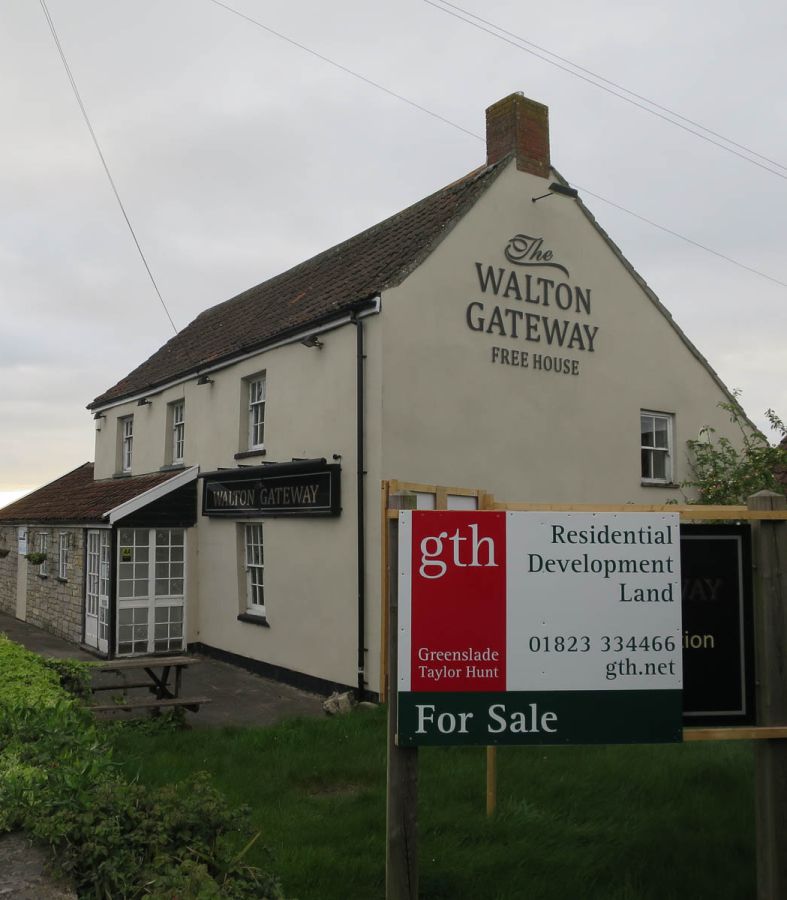Like all businesses, pub companies need a management structure and, for the larger companies, that structure can be quite complex. Whatever the company’s size, though, the management practices and priorities will have a major impact on the people actually running the pubs and therefore on us, the customers.


With managed pubs, the issues are simple. The folk working in the pubs are employees and though pub managers will have varying degrees of leeway, the operation will be pretty strictly controlled from the top. Tenanted/leased pubs and, to a lesser extent, retail agreements, are a different matter. Tenants are their own boss and how they run the pub is primarily down to them. You’d think it would always be in the company’s interests for them to do well, and keep doing well, as that means more money all round — though, as we’ll see, it’s not always like that. In any event, a carefully and positively managed relationship between the tenant and the company from whom they rent the building and buy many products ought to be in the interests of both parties — but again the reality can be different.
In a typical large pub company, the most visible senior person is the Regional Manager. Reporting to them will be Business Development Managers (sometimes called Operations Managers) who each cover a ‘patch’ and are the key links between the company and its tenants. Other high-profile staff include Property Managers, Licensed Trade Valuers and Lettings Managers.
The main areas of responsibility for a Business Development Manager (BDM) are dealing with:
- Rent assessments and proposals
- Repairs to pub premises
- Tenant recruitment
- Providing information about the Pubs Code
- Matters relating to a tenant’s current/future business plans
The last of these ought to be especially important, with BDMs using their experience and knowledge to support tenants, especially new ones, in developing a successful business. The Pubs Code requires BDMs to take appropriate notes of discussions with tenants and provide them with these records within 14 days.


At the end of the day, the main loyalty of BDMs lies with their employer, the company. Issues are therefore bound to arise where the company adopts policies and strategies that, in some cases, run counter to the interests of tenants. As an example, a sad but unarguable fact is that many pubs, particularly in rural areas, are worth much more as houses than as working pubs. Companies are often keen to cash in on these assets and therefore might task BDMs with effecting the removal of sitting tenants. Fortunately, the tightening up of the planning laws in recent years has made it more difficult to obtain change of use but the practice does still happen. A more worrying trend, though, is something we mentioned in an earlier article — the movement by many companies away from the tenanted/leased model towards pubs that are either directly managed or moved to retail agreements. The BDM will invariably be a key player in attempts, one way or another, to dislodge tenants.
There are, of course, good BDMs who genuinely see mentoring and advising as key elements of their job and who build up great relationships with tenants whilst still keeping the company happy. They will provide the necessary links with other parts of the company like accountants, surveyors, property staff, lawyers and so on. Perhaps above all, they will have excellent problem solving skills, drawing on their training, networks and experience to help tenants overcome the obstacles they inevitably encounter.
Unfortunately, many tenants have less than positive things to say about their BDMs. A common complaint is that they hardly ever see them and when they do, it’s only to hear bad news. Others find the quality of business advice questionable and see the BDM as a company lackey who interferes rather than helps.
The Forum of British Pubs recently conducted a series of interviews with a former BDM of a major pub company and they make for fascinating viewing. The topics covered include tenant recruitment, the Pubs Code, retail agreements, rent assessments and dilapidations.
We’ll cover some of these topics in the next article when we look at areas which commonly cause trouble to tenants and which give rise to disputes with their pub company.

Paul Ainsworth
Paul Ainsworth
Paul Ainsworth
Paul Ainsworth
Paul Ainsworth
Paul Ainsworth
Paul Ainsworth
Paul Ainsworth
Paul Ainsworth
Become a CAMRA member today for unlimited free access plus many other membership benefits. Find out more